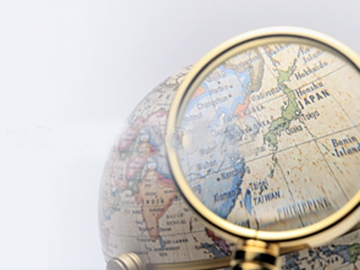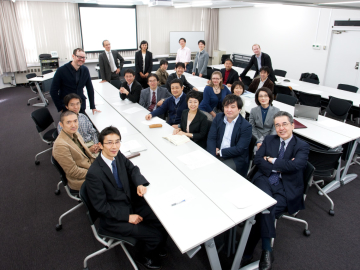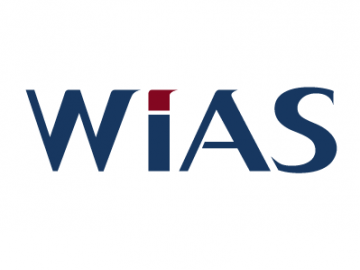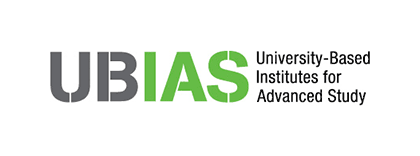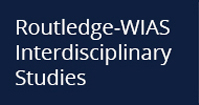Research Overview
Overall Aims
The term Anthropocene was coined as a new geological time period by the atmospheric chemistry scholar Paul J. Crutzen in the February 2000 newsletter issued by the International Geosphere-Biosphere Programme (IGBP). Crutzen stated that the human race’s huge influence on the global environment heralded the end of the Holocene, the geological age that began approximately 11,700 years ago, and said that we are now living in the Anthropocene era. In the intervening years debate has grown on the issues related to this pronouncement and new era, not only in the natural sciences, but also in the social sciences and humanities. Working from this Anthropocene concept, we can bring together the siloed areas of specialized scholarly knowledge and utilize them for the benefit of present and future society.
This research project centering on the humanities is structured to cut laterally across disciplines, further including both the natural sciences and social sciences in its framework. The project members represent a diverse array of specialties, such as art history, literature, theology, aesthetics, music, architecture, archaeology, cognitive neuroscience, environmental economics and environmental agriculture. As a result, this project will not aim for specific results within specialized disciplines, but rather through a shared concept of the Anthropocene will open up a place for joint research that mutually brings together our specialized knowledge. Further, we aim to establish ways of utilizing and disseminating information on the classical knowledge of “human endeavor” which has accumulated in the humanities as a means of addressing the various issues facing society today and in the future.
Overall Plan
Centering on holding research meetings and lectures, we will create a space for dialogue and debate, and thus advance the sharing of topics, methodologies and results we have accumulated in our respective research fields. Project members will be central to the work, with invitations to scholars from outside the team helping to further broaden the range of discussion points. In particular, we will construct a dialogue framework using the results of the ecocriticism which has accumulated since the 1990s in literature and arts research, and have plans to hold an international symposium and publish a report on research results in the final year of the research project.
Research Location
Waseda Institute for Advanced Study (WIAS)
Area Leader
YAMAMOTO, Satomi
(Professor, Faculty of Letters, Arts and Sciences; WIAS Research Affiliate)
Members
ARIMURA, Toshi H.
(Professor, Faculty of Political Science and Economics; WIAS Research Affiliate)
KONO, Kimiko
(Professor, Faculty of Letters, Arts and Sciences; WIAS Research Affiliate)
YAMADA, Midori
(Associate Professor, Faculty of Science and Engineering; WIAS Research Affiliate)
FITTLER, Áron
(Adjunct Researcher, WIAS)
KUWABARA, Natsuko
Associate Professor, Faculty of Cultural Studies, Kyoto Sangyo University; WIAS Alumnus)
MORRIS, James Harry
(Assistant Professor, Faculty of International Studies, Utsunomiya University; WIAS Alumnus)
AKIYAMA, Tetsu
(Associate Professor, Hokkaido University of Education; WIAS Alumnus)
KASAI, Amane
(Lecturer, Department of Art Studies and Cultural Production, Kyoto University of the Arts; WIAS Alumnus)
OKAMOTO, Yuko
(Lecturer, Cognitive Neuroscience Application Center, Tohoku University; WIAS Alumnus)
LIPPIT, Yukio
(Professor, History of Art and Architecture, Harvard University)
ONISHI, Takeo
(Professor, Faculty of Applied Biological Sciences, Gifu University)
KAWAE, Yukinori
(Professor, Institute for Advanced Research, Nagoya University)
SATO, Yukiko
(Associate professor, Graduate School of Humanities and Sciences, Nara Women’s University)
KOJIMA, Daisuke
(Curator, Asian Art, Curatorial Research Dept., National Institutes for Cultural Heritage, Tokyo National Museum)
KARINO, Kayoko
(Associate professor, School of International Liberal Arts Department of Interdisciplinary Studies, Teikyo University)
FUJIMAGARI, Takaya
(Representative of corporation, Fujishiro Sculpture Laboratory LCC.)
TAKADA, Tomoki
(Associate professor, University of Hyogo; Researcher, The Museum of Nature and Human Activities, Hyogo)
Events
Information on this research project is also available at the link below.

